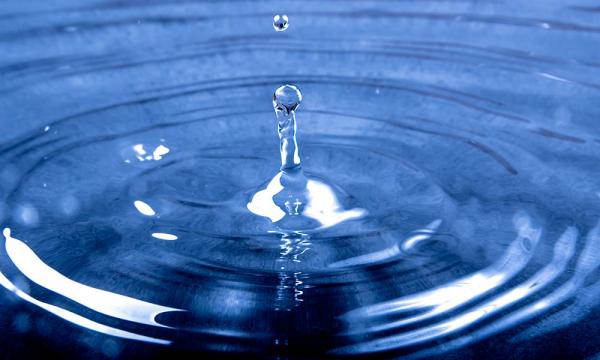World Water Day is celebrated every March 22. It is to mark the importance of water to human civilisation and the nature. This year’s World Water Day focuses on wastewater. Water after it is used for our daily activity, we discharge it as wastewater. Unfortunately, increase in human population and economic activities have increased pollution loading to our water resources and increase water scarcity problem globally.
Wastewater from us
Our domestic (household) wastewater has two routes. It is either treated as sewerage or discharged directly to rivers. We also have wastewater from businesses and industries.
The Department of Environment selectively monitors wastewater discharge from commercial and industries activities based on type of activity as well as potential pollution impact. However, the current pollution control mechanism is 'obsolete' and more effective pollution control mechanism is vital for our survival as a nation.
Water is our national security. Pollution control should include pollution loading as a main criterion to reflect actual population and economic activity density. Only via this method can we ensure the effectiveness of pollution control legislation and actually reverse pollution impact on our rivers.
Wastewater to our food
Wastewater that is released will flow all the way to rivers and end up in the sea. Due to water's ability to flow and seep through soil, it can carry the pollutants together. In the long run, pollutants end up accumulating in flora and fauna. These are part of our food.
We need to be a step ahead to prevent incidents like Minamata bay in Japan where mercury poisoning has left a very dark history and known as Minamata disease. The Association of Water and Energy Research Malaysia (Awer) urges the Health Ministry and Chemistry Department to carry out frequent sampling on raw water, treated water, raw food (vegetables, fruits, aquatic animals, etc) and processed food to ensure they are safe for consumption.
Sampling must be random and sampling locations should remain confidential to prevent any attempt to dilute the samples. The ministry must also publish the findings.
Wastewater to treated water
There are ample solutions to reuse wastewater in many industrial applications. The federal government and state governments must look into formation of industrial complexes where wastewater and even waste from one industry is used as resource to another. For example, sewerage treatment plants’ treated effluent can be converted to treated water for non-potable use within commercial and industrial zones.
Suruhanjaya Perkhidmatan Air Negara (Span) must enforce water efficiency for commercial and industrial users. The Water Services Industry Act 2006 gives the power to Span to dictate and limit treated water usage for selected activities.
However, for commercial, industrial and agricultural sectors that are using raw water directly, there is no regulation or legislation mandating reduction in wastewater discharge. Awer has suggested numerous times to the authorities to tackle this grey area.
Wastewater to energy
The wastewater from sewerage, agriculture and solid waste can be used to produce biogas. Biogas can be used to generate electricity. Centralised treatment plants are vital to ensure economic of scale and sustainability of this solution. Awer has already put forward some solutions on this matter.
Waste not water
Wastage of resources is not just a statement. It is a reality. Demand for raw water and treated water must be managed holistically. One effective way we can do that is by reusing and recycling wastewater within selected facilities. This solution not only reduces demand, it also increases new technology usage as well as development of new technical and environmental fields.
We aspire to be a developed nation by 2020. But, we are still grappling with wastewater-related issues and not managing it as developed nations do. What are we waiting for? 2020 is just less than three years to go.
PIARAPAKARAN S is president, Association of Water and Energy Research Malaysia (Awer).


